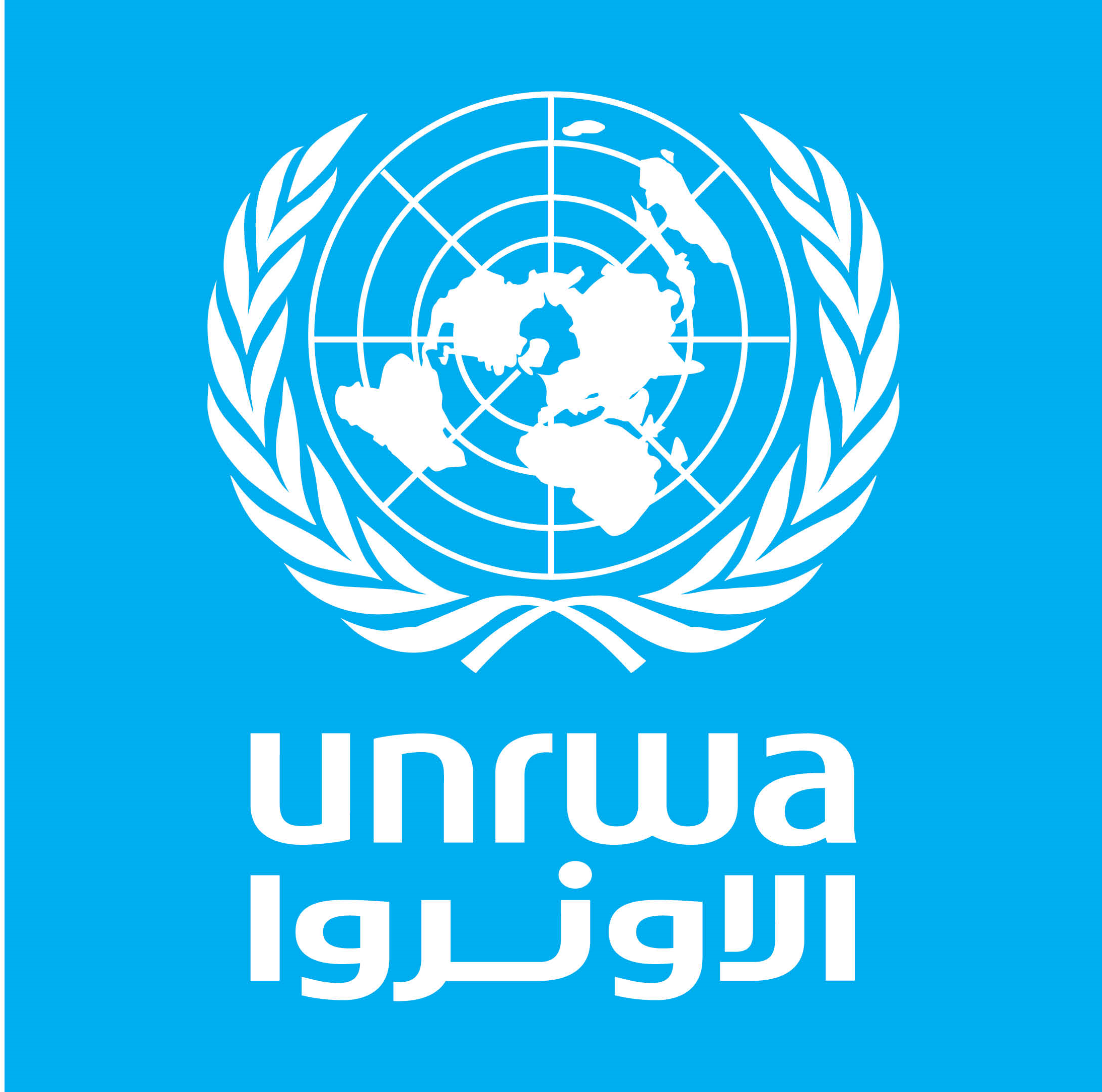United Nations Relief and Works Agency for Palestine Refugees in the Near East
Internally, UNRWA is guided by its Gender Policy (2007), Medium-Term Strategy (2016-2021), and Gender Equality Strategy (2016-2021): 'Integrating Gender, Improving Services, Impacting Lives.' Further, UNRWA is guided by all relevant commitments by the UN system, including but not limited to: The Convention on the Elimination of all Forms of Discrimination against Women (CEDAW); The Beijing Declaration and Platform for Action; The United Nations Secretary-General’s campaign UNiTE to End Violence against Women (UNiTE Campaign); and Sustainable Development Goal.
The United Nations Relief and Works Agency for Palestine Refugees in the Near East (UNRWA) was established pursuant to General Assembly resolution 302 (IV) of December 1949. The Agency is a subsidiary body of the Assembly and became operational on 1 May 1950, responding to the needs of about 750,000 Palestine refugees. It is one of the largest United Nations programmes, with a population of approximately 5 million registered Palestine refugees under its mandate and over 30,000 staff.
- UNRWA Gender Policy (2007)
- UNRWA Experience in GBV Programming: Lessons from the first five years (2015)- What’s at Stake Fact sheet (2018)
- UNRWA Gender Equality Strategy (2016-2021): Integrating Gender, Improving Services, Impacting Lives (2016)
- UNRWA GBV Prevention Framework (2017)
- UNRWA Guidelines for GBV risk-mitigation in emergencies (2017)
Sheikh Jarrah, East Jerusalem. Palestinian Territory
As part of the Agency's commitment to gender equality, UNRWA prioritizes targeted interventions based on identified field priorities, one of which is gender-based violence (GBV). Thus, in view of addressing GBV holistically, UNRWA adopted in 2009 a multisectoral approach, which was informed by the Inter-Agency Standing Committee (IASC) Guidelines for GBV in Humanitarian Settings. One of the core aspects of the multisectoral approach is the centrality of survivours’ rights and needs, such as ensuring access to adequate services, confidentiality and safety. UNRWA's approach to addressing GBV focused on four main areas: i) training UNRWA staff to identify, refer and provide support to GBV survivors; ii) developing referral pathways; iii) building partnerships with external service providers; and iv) raising awareness and involving Palestine Refugee communities in the protection from GBV, to enhance both response and prevention.
In 2014, UNRWA began working on addressing GBV in emergencies, based on increasing concerns on responding and mitigating GBV in the context of the conflicts in Syria and in Gaza. Building on this, a process for increasing the institutional capacity of the Agency to address GBV in emergency contexts started in 2015 through a multi-year programme entitled 'Building Safety', which included the development of the following key components: i) Guidelines for GBV Risk Mitigation in Emergencies (2017); ii) GBV Training Package (2018); iii) E-learning Course on GBV Risk Mitigation in Emergencies (2018); iv) GBV Prevention Framework (2017). Integral to the work on GBV in emergencies, UNRWA has also been working on enhancing community participation and engagement.
